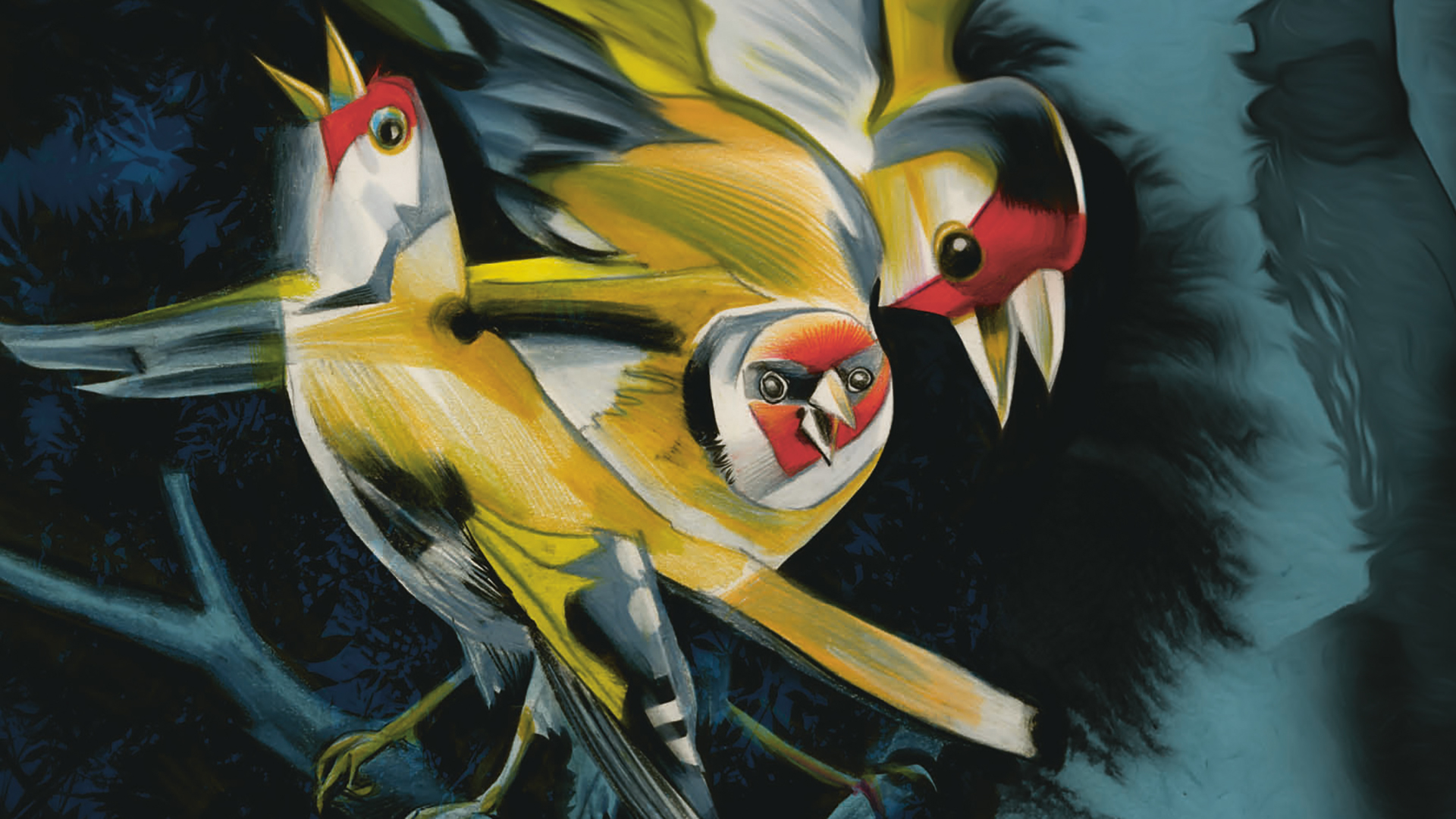It’s not surprising that I’ve written a book about a poltergeist. I grew up on Tyneside in the Sixties. The slums were being cleared. Brand-new pebbledash estates, the kind of estate that I grew up in, with parks, swimming pools, churches, community centres, were growing all around me as I grew. Harold Wilson’s fabled white heat of technology was carrying us into a brave new world. Tomorrow’s World predicted jetpacks, paper underpants, driverless cars, cures for cancer. The Apollo programme was leading us towards the stars.
All was changing, but the past remained. Ancient superstitions and beliefs endured. Old ladies read tea leaves in Dragone’s coffee shop by Felling Square. There were mesmerists and quack doctors and escapologists in Newcastle’s markets. My first school, St John’s, was an ancient spooky stone place down by the Tyne. Close by was the endless shipyard din. Below were the closed-off tunnels of the coal mine where the famous Felling Pit Disaster had occurred [in 1812 – 92 people were killed]. The bones of boys like me were down there, boys who had never been brought out again after the explosion. On hot days the stench from the bone yard across the river drifted into the classrooms and made us gag.
We were told that the greatest glory of a Catholic boy was to become a martyr for the faith.
We were Catholic kids. We were caned if we couldn’t recite the exact answers to the questions in the Catechism. Our thoughts and nightmares were filled with devils, spirits, angels. We bore the dread of Hell and its intricately detailed torments. We were taught to admire and to pray to the images of tortured saints. We were told to go to sleep each night with the thought that we might not wake next morning. We were told that the greatest glory of a Catholic boy was to become a martyr for the faith. I was an altar boy. In our spooky half-lit church on winter dawns, I rang the bells and chanted the Latin chants that would help the priest ensure that the daily miracle would occur. Simple bread would turn to the living flesh of Christ.
I was a reader. I loved the library, a little square building just beyond a high street lined with junk shops, a newsagent with nude magazines filling its window, an abandoned cinema where rats nested in the seats, my grandfather’s betting shop, my uncle’s printing shop. It was just across the street from where I played football with my mates. In there I read new novels, poetry, and soon I’d start to write stories and poems of my own. I often wanted to be tantalised and terrified by tales of ghosts and ghouls and monsters. I plundered the shelves of books about the paranormal: hauntings, strange disappearances, spontaneous combustion, mediums, and yes, poltergeists.
I loved the weird books of Lobsang Rampa, which told of his childhood in Tibet. He’d been a trainee Lama there. He’d had his third eye opened with a sliver of sandalwood. It turned out that he was in truth a bloke called Cyril Hoskin, a plumber from Devon. I didn’t care. I’d be Lobsang here in Felling. I was a normal kid – I yearned to play brilliant football with my mates, to know how it felt to kiss girls – but I also yearned to leave my bed and my body behind and to travel like Lobsang in the astral plane.
My teenage mates and I had regular séances. We laid out letters in bedrooms after parties or inside tents beside Northumbrian beaches. We put our fingers on to an upturned glass and dared to ask ‘Is anybody there?’ And to our hilarity and terror, the glass moved every time, spelling out names and half-decipherable messages and telling fragments of ghastly tales from our collective imaginations and maybe (could it have been?) from those who had crossed over into the land of death.









